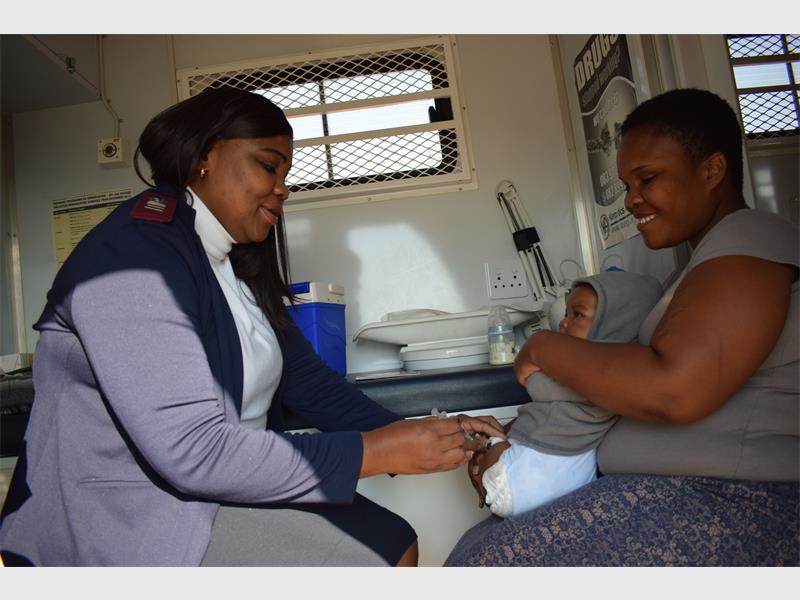Maternal healthcare is a critical aspect of ensuring the well-being of women during pregnancy and childbirth. However, in South Africa, women living in informal settlements face numerous challenges in accessing adequate maternal healthcare services. Informal settlements are characterized by overcrowded living conditions, limited access to clean water and sanitation facilities, and inadequate healthcare infrastructure. In this article, we will explore the challenges faced by women in informal settlements regarding maternal healthcare and discuss potential solutions to address these pressing issues.
- Limited Access to Healthcare Facilities: One of the primary challenges faced by women in informal settlements is the lack of nearby healthcare facilities. Many informal settlements are located far from formal healthcare centers, requiring women to travel long distances to access prenatal care, antenatal check-ups, and childbirth services. This poses a significant barrier to regular and timely healthcare visits, increasing the risks associated with pregnancy and childbirth.
Solution: To address this challenge, it is crucial to improve the availability and accessibility of healthcare facilities in or near informal settlements. This can be achieved by establishing mobile clinics, community health centers, or satellite clinics within the settlements. These facilities should provide comprehensive maternal healthcare services, including prenatal care, skilled birth attendance, postnatal care, and family planning. Additionally, partnerships with NGOs and community organizations can help extend healthcare services to these marginalized communities.
- Inadequate Infrastructure and Sanitation: Informal settlements often lack basic infrastructure, including clean water, sanitation facilities, and proper waste management systems. These conditions can significantly impact the health and well-being of pregnant women, making them more susceptible to infections and complications.
Solution: Improving infrastructure in informal settlements is crucial for ensuring safe and hygienic conditions for pregnant women. This includes providing access to clean water, proper sanitation facilities, and waste management systems. Collaborations between government agencies, NGOs, and community-based organizations can help implement sustainable solutions, such as community-led sanitation projects and water supply initiatives.
- Limited Awareness and Health Education: Many women in informal settlements have limited access to accurate and comprehensive health information regarding pregnancy, childbirth, and postnatal care. This lack of awareness can result in delayed or inadequate prenatal care, improper nutrition, and unhealthy behaviors during pregnancy.
Solution: Raising awareness and providing health education is vital in addressing this challenge. Community health workers, midwives, and trained volunteers can play a significant role in conducting health education sessions within informal settlements. These sessions should cover topics such as prenatal care, nutrition, hygiene practices, family planning, and recognizing signs of complications during pregnancy. Additionally, the use of visual aids, culturally appropriate materials, and local languages can enhance understanding and engagement.
- Financial Constraints: Poverty and financial constraints often limit access to maternal healthcare services for women in informal settlements. The cost of transportation, medical fees, and essential medications can be prohibitive for many families.
Solution: It is essential to implement financial support mechanisms to alleviate the burden of healthcare costs for pregnant women in informal settlements. This can include providing free or subsidized maternal healthcare services, transportation vouchers, and maternal health insurance schemes specifically designed for marginalized communities. Collaborations with private sector entities, NGOs, and philanthropic organizations can help fund these initiatives.
- Community Engagement and Empowerment: Engaging the community and empowering women in informal settlements is crucial for improving maternal healthcare. Women’s groups, community-based organizations, and local leaders can play an active role in advocating for better healthcare services, creating support networks, and fostering a sense of ownership and responsibility within the community.
Solution: Establishing community-led initiatives that involve women in decision-making processes and healthcare planning can lead to more sustainable and effective solutions. Encouraging community participation, providing training opportunities, and empowering women as health advocates can help amplify their voices and facilitate positive change.
In conclusion, addressing maternal healthcare challenges in informal settlements requires a comprehensive approach that focuses on improving access, infrastructure, awareness, financial support, and community engagement. By implementing these solutions, South Africa can take significant strides toward ensuring that every pregnant woman, regardless of her living conditions, has access to safe and quality maternal healthcare services. Empowering women and communities and fostering collaborations between stakeholders will be key in achieving equitable maternal healthcare for all.










